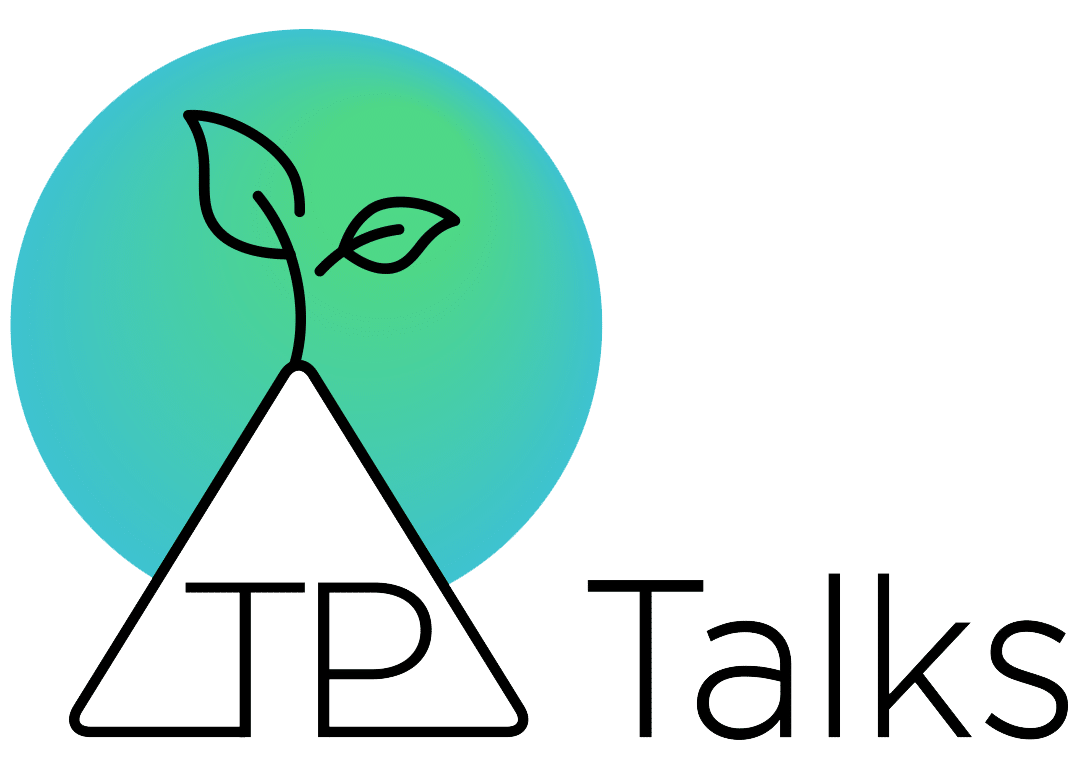Imagine this: You just got back from an unforgettable trip to Los Angeles, London, or Quebec. Now you’re home again, back in the same old routines, seeing the same people, and speaking the same language every day. Deep down, you know that if nothing changes, you’ll go a little crazy.
The idea of working in an English-speaking country feels exciting—and maybe even necessary. You’re not alone: today, around 145,000 French citizens live in the United States. Many of them are professionals or entrepreneurs, drawn by career opportunities, especially in places like New York and San Francisco, where tech and business are booming. And they, too, faced the challenges you’re looking at now.
You already speak English well and have chatted with people abroad, feeling that connection and warmth.
But is working in an English-speaking country the same as vacationing there?
This article breaks down the top reasons why job hunting in an English-speaking country can be stressful and offers a few simple tips to help you tackle it with confidence. Ready?
1.Language Gaps – Getting Around Isn’t the Same as Getting It Right
You’ve probably had this experience: while on vacation, switching between English and French feels natural. You’re comfortable until a friend laughs and says, “Just stick to English!” It’s a reminder that handling a language and mastering it professionally are two different things.
You might feel confident holding conversations and even making jokes, but job interviews and presentations in English? That’s a whole new game. It can be hard to explain things like your education or your career goals—and sometimes, your words just don’t match your thoughts. A friend from Chicago once said to me, “Job hunting is a job!” Even native speakers feel the pressure, so you’re not alone.
Practical Tip: KISS – Keep it Simple and Smart. If you’re used to French, you probably like to go deep, explain in detail, and add some flair. But in English, especially at work, simple and clear is best.
Here’s an example:
- Instead of saying, “Hi, I’m Florence from France, and I love digital marketing because I was always fascinated by how brands connect with audiences…”
Try this:
-
- “Hi, I’m Florence from France.”
- “I work in social media.”
- “I help brands reach audiences with engaging content.”
And remember—speak slowly. No one’s going to rush you. Keep it simple, and you’ll feel more confident.
2.Navigating a New Cultural Environment
Ever had someone ask you, “What’s up?” and you answered with your whole life story? We’ve all been there! Culture has its own unspoken rules, and English-speaking workplaces have plenty of them. There are different ways of communicating, new social cues, and even humor that might feel confusing at first.
Practical Tip: Use Mirroring. Don’t assume you know what’s “normal.” Instead, observe first, then adapt. Watch how your colleagues interact—their tone, body language, and how they handle meetings. This can help you feel like you belong faster.
Try this:
- Notice how people greet each other in meetings (Do they say, “Hi, everyone!” or make formal introductions?).
- Pay attention to body language. Are they leaning in when they listen?
- Ask questions like, “How do we usually handle projects here?”
In no time, you’ll be reading these cues like a pro. Trust yourself; you’ll adapt naturally.
3.Perfectionism – When Your Inner Critic Won’t Let You Speak
Do you hear that little voice in your head? Yeah, the one that says, “It’s not perfect yet—keep going” or “Maybe this isn’t worth saying at all.” But then, it has to be just right, doesn’t it?
This voice can have you going in circles, leaving you exhausted before you’ve even started speaking.
Practical Tip: Step Back and Take a Break. If your inner critic gets too loud, go for a walk or do something to reset. Sometimes just taking a break helps clear things up. And if you’re still unsure, talk to someone you trust—a mentor or friend. A second opinion can help you see what really matters and quiet your inner critic.
4.Too Much Advice Can Make You Invisible – Stop and Trust Your Instincts
You’ve written your English application—polished resume, confident cover letter, and a LinkedIn profile in two languages. You look at it, feeling proud.
Then, perfectionism creeps in, urging you to get feedback.
So, you reach out for advice, and suddenly, everyone has an opinion. Before you know it, your application has been picked apart, and the spark of confidence you once felt is gone. Instead of moving forward, you find yourself binge-watching Netflix, drowning in ice cream, and feeling lost.
Practical Tip: Stand Firm in Your Confidence. If you’re happy with your application, pause and trust yourself. Test it! If you do ask for feedback, be specific. Instead of saying, “Can you review this?” try questions like: “Can you check my grammar and spelling?” or “Do you think I’m highlighting my experience well?” Reach out to people whose professional judgment you trust. Quality feedback is gold, but too much advice can make you lose sight of your voice.
YES! Job searching abroad can feel intense, but remember, every challenge is a step toward growth. Each small victory helps you feel more confident and capable. Take small steps, celebrate your wins, and remember, you’re not alone in this. With a few of these tools in your pocket, your job hunt abroad can be less stressful and even more rewarding.
Stay up to date and never miss out.
Working across cultures isn’t easy. Our newsletter brings you practical insights on recruitment, onboarding, and outplacement—plus tools to help you manage international teams with confidence. Join today and stay ahead in global business.


